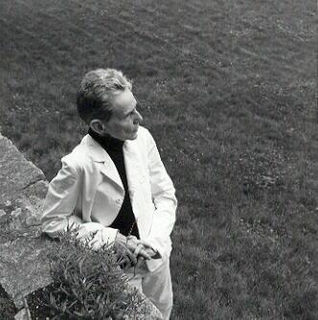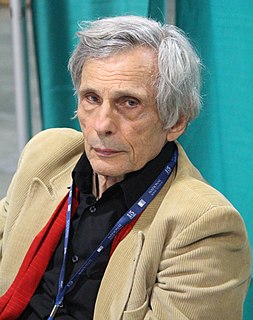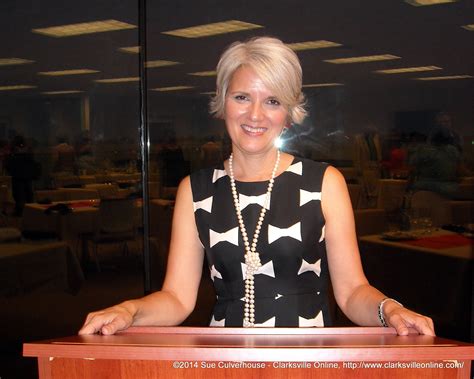A Quote by Susan Howe
Herman Melville is not comforting. Emily Dickinson isn’t either. Maybe their work is too hungry for comfort, or just too vivid for comfort. But Henry James is – profoundly so. Because he is tender. The tenderness is there in the structure of the sentence. He knows the way the poor and the dead are forgotten by the living, and he cannot allow that to happen. So he keeps on writing for them, for the dead, as if they were children to be sheltered and loved, never abandoned.
Related Quotes
Not Waving but Drowning Nobody heard him, the dead man, But still he lay moaning: I was much further out than you thought And not waving but drowning. Poor chap, he always loved larking And now he's dead It must have been too cold for him his heart gave way, They said. Oh, no no no, it was too cold always (Still the dead one lay moaning) I was much too far out all my life And not waving but drowning.
What I treasure most at any moment is intimacy, surprise, a sense of mystery, wit, depth and love. A handful of cherished friends offer me this, and the occasional singer or film-maker or artist. But my most reliable sources of electricity are Henry David Thoreau, Shakespeare, Melville and Emily Dickinson.
Yet the story of Orpheus, it occurs to me, is not just about the desire of the living to resuscitate the dead but about the ways in which the dead drag us along into their shadowy realm because we cannot let them go. So we follow them into the Underworld, descending, descending, until one day we turn and make our way back.
Alas, those six unfortunate souls who have made their way through my books know that every one of them is about Emerson and Thoreau and their dark counters, Melville and Emily Dickinson. Try as I might, I can't get their inspirations, their challenges and sentences and wisdom and questions out of my head.






































